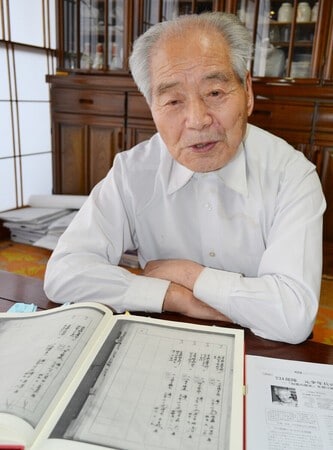This report examines the grim legacy of human specimens acquired during war, still deeply etched into the conscience of the Japanese society. Evidence has uncovered that these specimens, a result of inhumane biological experiments during World War II, are still hauntingly present today. The article opens a broader discussion about bioethics, accountability, and the way history shapes the future.
The topic is a sensitive one in Japan, invoking difficult war memories, guilt, and a deep sense of regret. People are torn between the need to face an uncomfortable past and the desire to move on. It also brings to light questions about biological ethics, the sanctity of human life, and how the government should address historical grievances.
In the US or EU, acknowledging and addressing past atrocities is often seen as a necessary step towards healing and progress. It forms a part of a wider discourse about human rights, bioethics, and the ethical responsibility of governments. Debates on similar topics tend to be open and candid, promoting awareness and prevention of future violations.

